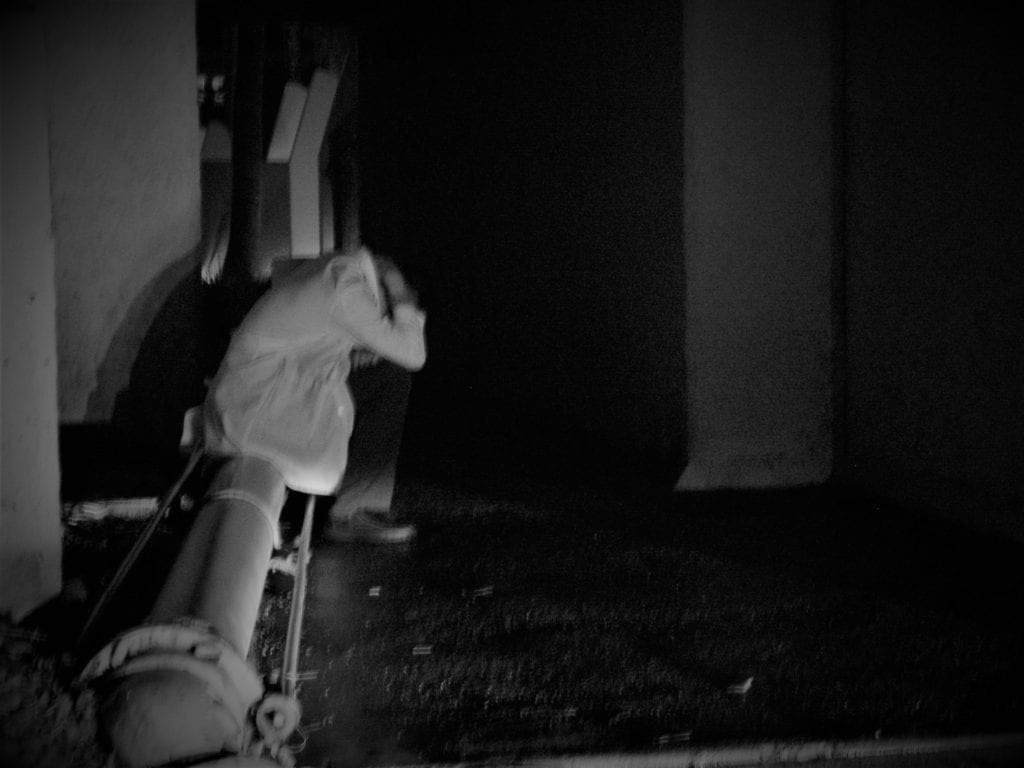Gordon Sun
Downey, California, United States
 |
|
| By Stephanie Chen and Gordon Sun |
Every year, there are 400 stories like these.
The second-year medical student. The social butterfly of her 106 classmates, yet her bubbly personality masks the loneliness of living on one coast after spending the first twenty-five years of her life on the other coast. The isolation is amplified by the pain of the recent death of her father from cancer and the resulting mountain of bills and debt. She passes away from an overdose of sleeping pills in her dormitory after friends do not hear from her for three days.
The third-year general surgery resident. Hard worker. Analytical mind. But each attending’s very public, very nasty criticisms of his so-called “lack of talent” or “amateurish technique” stabs like the point of a #11 scalpel. The attacks escalate into “unprofessionalism,” then unsubtle threats of blacklisting. “Your performance is a disgrace to our institution,” he is told. “New York? Chicago? You won’t be able to get a job in Idaho when I’m done with you.” After months of obsessively long hours trying to perfect a craft that can never truly be perfected, he sheds his soiled scrubs, steps into the bathtub filled with warm water, and makes a final cut.
The new anesthesiology assistant professor. Considered the best chief resident the department had in years, with a robust ego to match. But a miscalculation of the propofol needed during a routine appendectomy leads to a terrible outcome and a lawsuit against the doctor. Shunned by his colleagues, his confidence shattered, his marriage a wreck, he locks himself in the on-call room after a late trauma case and self-administers a stolen bottle of intravenous anesthetic.
The mid-career, small-town family physician. Supportive husband, two small children, wholly dedicated to her patients. On the outside, picture-perfect. On the inside, she vividly sees her own childhood demons mirrored in every household tragically fractured by drug addiction, alcohol abuse, chronic disease. She used to see twenty such cases a day. Then, as her town begins to spiral from an exodus of jobs and hope, thirty. Forty. Even fifty, as documentation demands increase, reimbursements decrease, and the overhead, paperwork, and the burden of each of her patient’s private traumas inexorably drag her deeper into the abyss. Her husband finds her one evening in the family van, deadly fumes accumulating in the garage, a scrap of paper on the passenger seat: “I’m sorry that I couldn’t help you all.”
The longtime director of emergency medicine in the inner-city hospital, a gray-haired, distinguished-looking gentleman who always seemed to know exactly what to say and when to say it to his patients, colleagues, and friends. An oasis of calm in the pandemonium of the trauma bay. There is no way he would be fazed by the thirty young victims of the mass shooting down by the concert hall. There is no way he would be overwhelmed by the waves of heroin and fentanyl overdoses week after week, even after the pharmacy ran out of naloxone and they had to borrow some from the Goodwill down the street. But he takes the elevator up to the lonely rooftop, ten stories high. An ER nurse on a five-minute break screams in horror when she finds him on the sidewalk, a macabre tableau. His staff, a generation of doctors, nurses, and techs he personally trained, could not save him.
In the aftermath, a few people hope that finally, finally someone will pay attention and do something.
Some will publish papers. Some will give interviews and speeches.
They might talk about the unaffordability of medical school and the minimum wages of residency, where a single life event—a car accident, a sick parent, an unplanned new child—might thrust an idealistic, well-intentioned student into a permanent cycle of unpaid loans, obligations, and fiscal vulnerability. They might talk about medical litigation and defensive medicine, the double black holes of despair and paralysis, inextricably linked. They might talk about the depersonalization of human providers in a world where eyes spend more time lingering on electronic health records than people, where artificial intelligence promises to out-diagnose radiologists, pathologists, and so many more, decimating an entire class of white-collar professionals. They might mention the Quadruple Aim and speak of healing both the patient and the healer, but also of one-off seminars, guest lecturers, memorials, and other short bursts of activity that wilt under the scrutiny of skeptical administrators and potential hospital donors leery of bad press.
Maybe if we do not talk about it, it never really happened.
Blame the victim, right?
A lonely few will crusade on. The war will be endless, in an era of short attention spans and 24-hour news cycles. They will fight bureaucrats worried about the potential bloodstains on their hospitals’ reputations, the red ink splattered over the bottom line. They will fight to be heard and remembered over the growing cacophony of opioid addiction, gun violence, polluted water, polluted air, vaping, obesity, dementia, skyrocketing prescription drug prices, toxic social media obsessions and echo chambers, and a hundred other healthcare crises. They will fight to destigmatize the loss to our society, to humanity.
They will tell us of these doctors and their lives.
They will tell us of what could have been.
GORDON SUN is an otolaryngologist and medical writer based in Arcadia, CA. He has published numerous peer-reviewed articles in the New England Journal of Medicine, JAMA, and other medical journals. His first short fiction story was published in Ars Medica in 2018.
Winter 2019 | Sections | Doctors, Patients, & Diseases

Leave a Reply